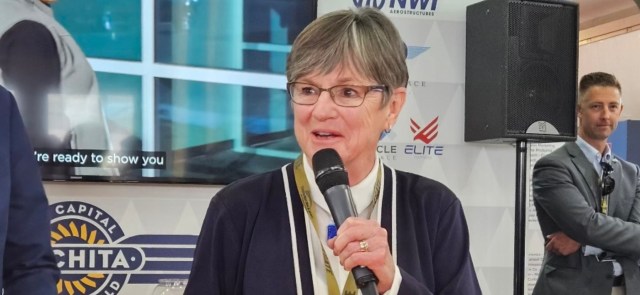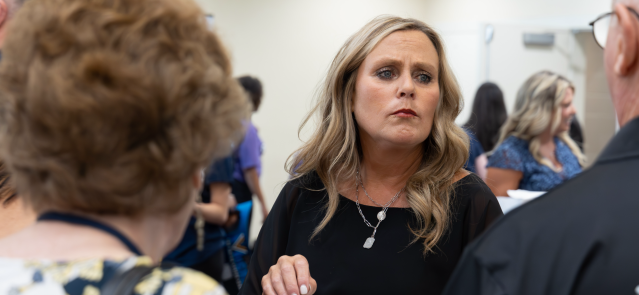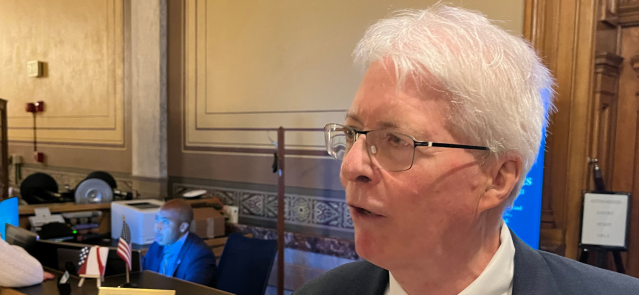Lake’s 2022 gubernatorial election contest loss was unanimously affirmed by the Arizona Court of Appeals. After losing for a second time in the trial court, Lake appealed a count dealing with signature verification and a motion to revive since-dismissed counts, which claimed “explosive new evidence.” In the ruling, the appellate panel agreed Lake’s motion for relief improperly amended her pleadings and found Lake did not present “newly discovered” evidence that could not have been discovered before the trial. Judge Sean Brearcliffe then addressed Lake’s claim that county Election Director Scott Jarrett presented “false testimony.” He wrote Lake was required to prove “alleged misconduct – whether knowing or inadvertent – by clear and convincing evidence and to demonstrate that the misconduct substantially interfered with her ability to fully present her claims,” a feat she failed to match. The opinion includes the exchange between Jarrett and Lake’s counsel in cross examination, in which the two go back and forth over length and printing of ballots. “At best, this is a misunderstanding between an attorney and a witness that was ironed-out during a trial. Lake fails to show how this exchange constitutes misconduct, let alone misconduct that substantially interfered with her ability to fully litigate her claims,” Brearcliffe wrote. The court generally agreed Lake’s Rule 60(b) motion for relief was improper. “Lake attempts anew to argue that Counts V and VI were improperly dismissed by distinguishing the types of claims that Counts V and VI are, and offers her new evidence in support of the merits of those counts. Again, Lake’s Rule 60(b) motion may not take the place of an appeal and may not be used now to reweigh the evidence and relitigate the court’s past legal conclusions,” Brearcliffe wrote. The panel finally turned to Lake’s dismissed and fully litigated claim of improper signature verification given “impossible speeds.” On appeal, Lake claimed the court disregarded or ignored evidence presented at trial. But the appeals court found, “(t)he court did not ignore the evidence Lake offered; Lake’s expert’s methodology was contradicted at trial by election officials put forward by Hobbs. In the court’s ruling, it specifically weighed Lake’s evidence against testimony offered by election officials, and found that the election officials’ testimony―that meaningful verification had occurred―was more credible.” The decision roundly affirmed the trial court’s denial of Lake’s election contest.
Stay ahead of the curve as a political insider with deep policy analysis, daily briefings and policy-shaping tools.
Request a Demo






